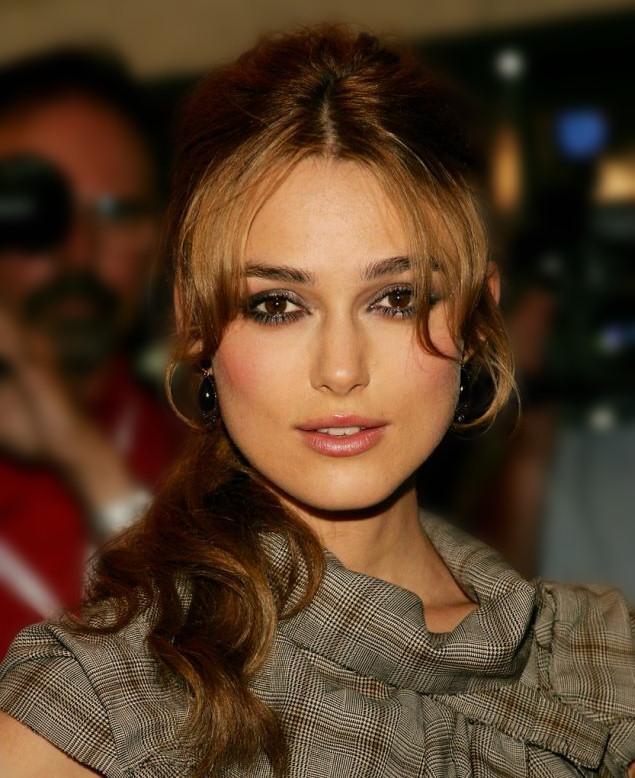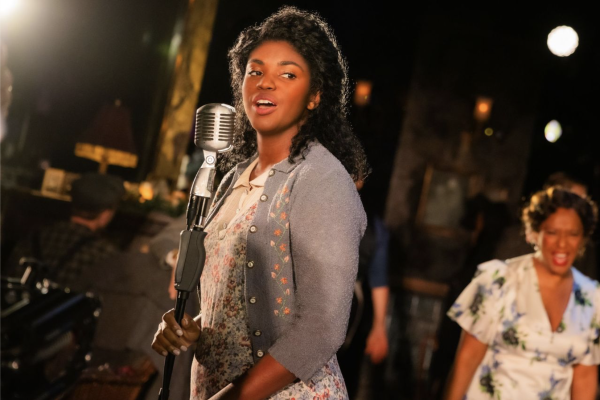Review: Colette
September 26, 2018
“Colette” is the dramatic biopic of its namesake, a French novelist born in the late 19th century and a modern feminist icon. Colette ghostwrote a series of novels about a girl named Claudine for her husband, Willy, until she decided to fight for creative ownership of her work. The movie delivers representation of gender roles, sexuality and relationship norms: paramount topics both then and now. Keira Knightley brings Colette’s story back to life with a captivating performance.
“Colette” is framed around the namesake character’s resilience: with the passing of time, she comes out of her shell. In a time when women weren’t distinguished for their intellectual or creative endeavors and often succumbed to their husbands’ demands, Colette’s courage unfolds as she becomes sexually liberated and renowned in her own right.
The movie takes a historical figure and humanizes her, highlighting the complexities of power in her relationship with her husband Willy. She is witty and bright, yet she has relatable shortcomings. Viewers watch years lapse as she nudges her husband to include her name on the Claudine novels before breaking away from him and his tyrannical ownership of her writing.
Keira Knightley captures Colette’s transformation from an intelligent but innocent girl into a sophisticated independent woman. We sympathize with Colette’s hesitation to further press for her name on the Claudine novels. We are mesmerized by her confidence as she evolves from a ghostwriter to an outgoing performer. Co-star Dominic West displays Willy’s manipulation and charm with a sense of ease that attracts us just as it did Colette.
Even after viewing the entire movie, Willy and Colette are the couple that I’m never quite sure if I should be rooting for. Characteristically speaking, Willy is hot-headed but has some form of care for Colette underneath his inconsiderate actions. Their marriage is riddled with infidelities and transforms from a naive but loving partnership into a complacent arrangement.
The unique dynamic of their relationship is often defined by Colette’s bisexuality. When Willy refuses to stop seeing other women, she takes the opportunity to explore her attraction to women as well. Her coming out is through a simple yet suggestive remark towards her husband’s jealousy at her flirtations with a couple at a party. She points out that his jealousy towards the husband was misguided because “it was the wife [she] found interesting.”
At first glance, it seems that Colette is being chained down in her marriage. Her actions, however, show that she finds comfort in the safety of the life she has created with Willy. Nevertheless, she leaves the relationship just in time to show that she refuses to excuse men’s behavior.
The rose-colored glasses framing the movie gloss over the relationship between the setting (early 20th century France) and gender identity and sexuality. While her character was already multifaceted, I would have liked to see emphasis on her bravery as a bisexual star in a time where it was considered incredibly provocative. In addition, coming in at an hour and 51 minutes, some of the scenes dragged on longer than necessary.
Despite the pacing and slightly optimistic depiction of the historical setting, “Colette” was driven by enthralling characters and biting comedy. Colette herself will be remembered as a force to be reckoned with. As Colette said, “the hand that holds the pen writes history.”


















